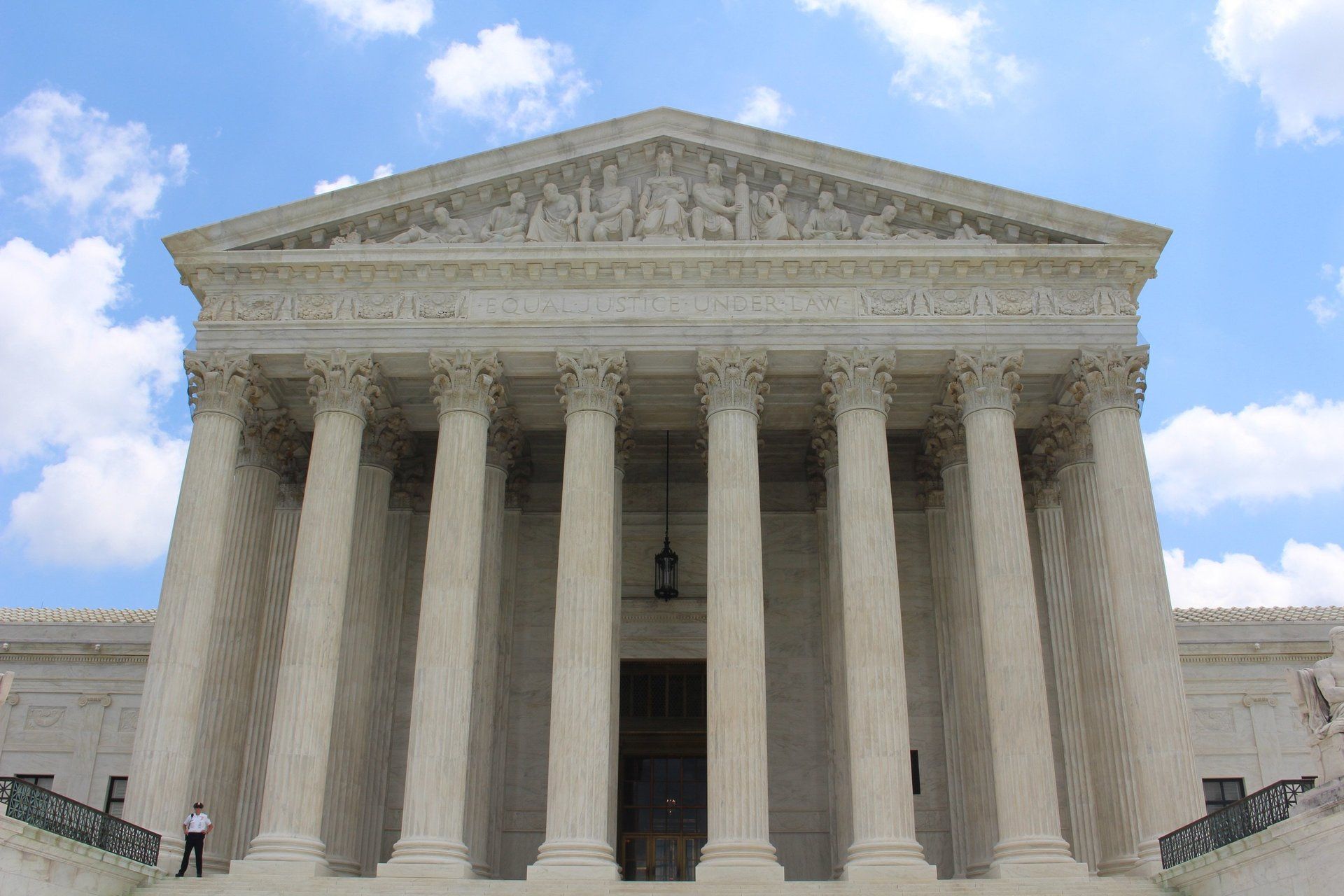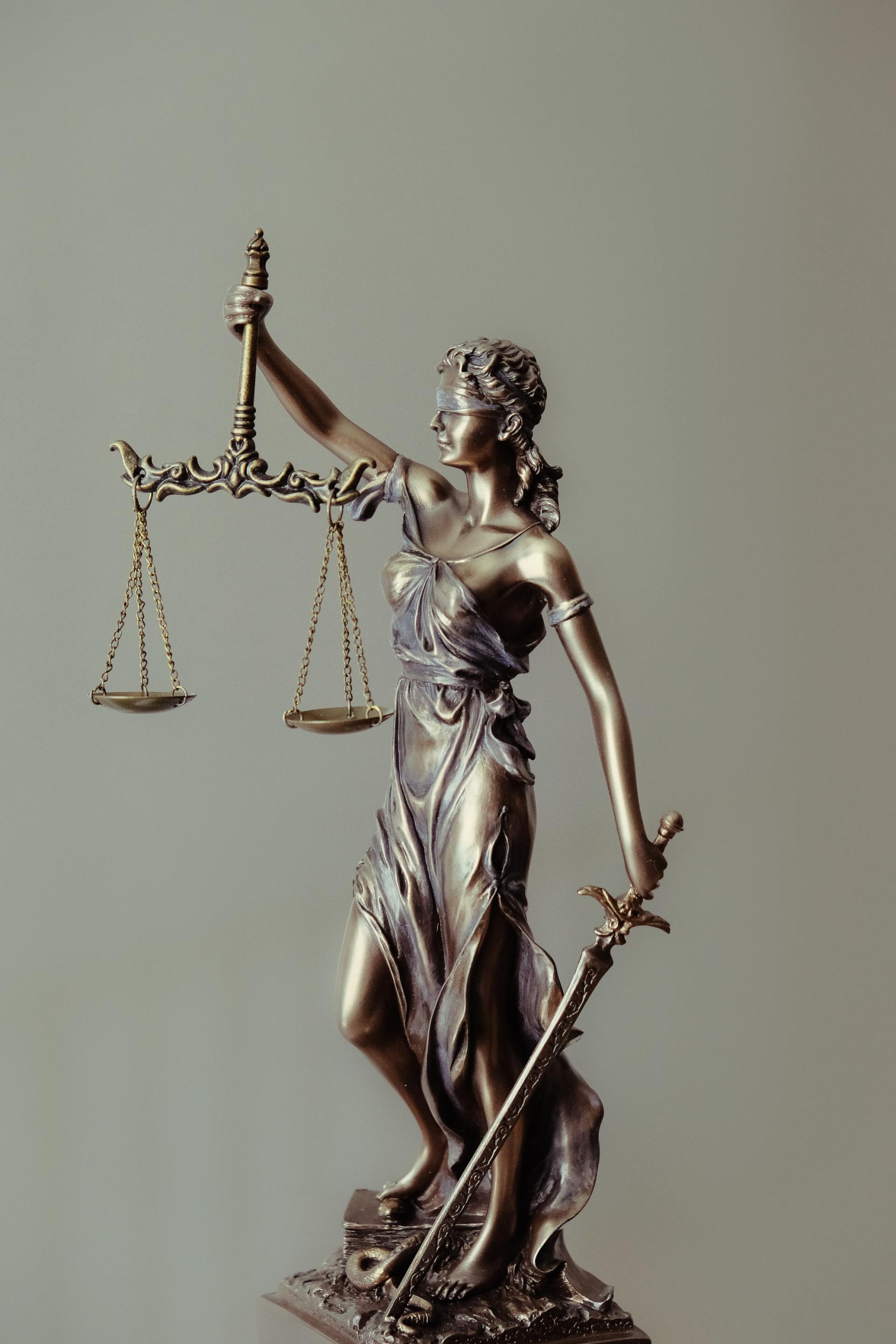Welcome to Pedersen & Stewart, LLC
A Tort and Insurance Practice Firm dedicated exclusively to Litigation and Resolution of Civil Matters in State, Federal, and Administrative forums, whether as Advocate or Arbitrator, Trial Counsel, or Mediator.
Attorney Profiles
Lloyd Pedersen and Catherine Stewart first began practicing together in 1999 and formed their own firm in 2003.
Attorney Pedersen has been handling civil litigation since 1985. Attorney Stewart began her career as a clerk to the Appellate Court of Connecticut in 1994 and entered private practice in 1995.
They are joined by Laurie Seger, who serves as legal assistant for the practice.
Practice Areas
- Tort and Insurance Practice – representation of individuals and businesses, insured and insurer
- Alternative Dispute Resolution – resolving disputes outside the judicial process
- Commercial Litigation – legal controversies related to business issues.
Connecticut Tort & Insurance Practice Update


